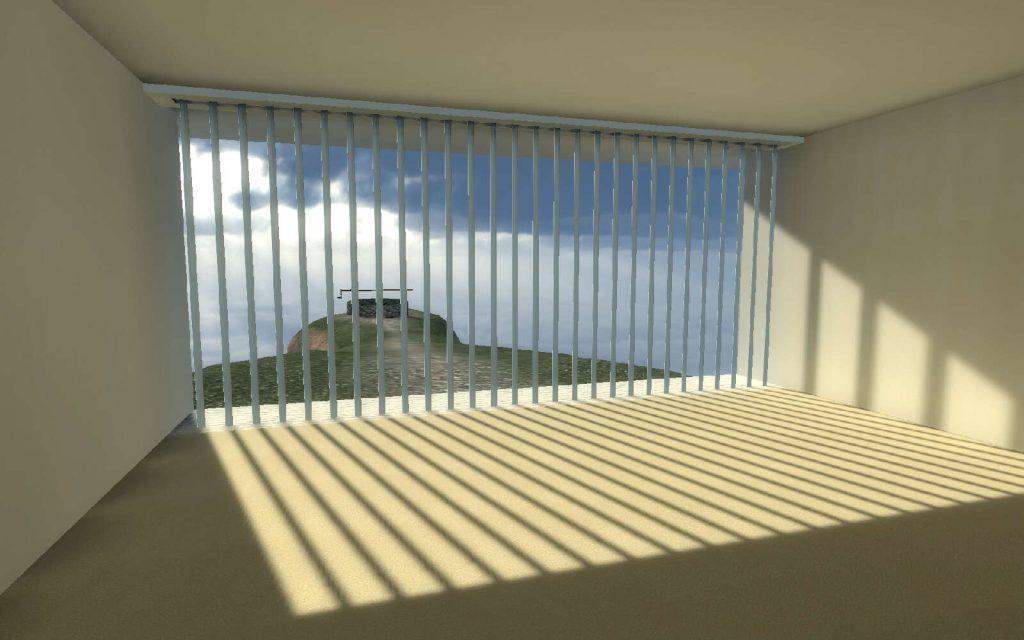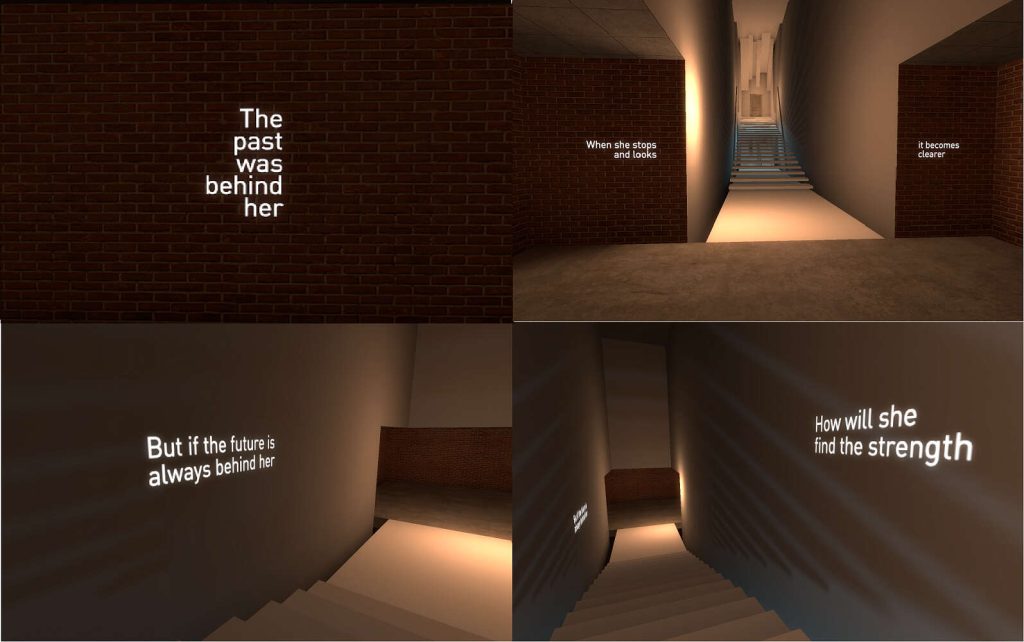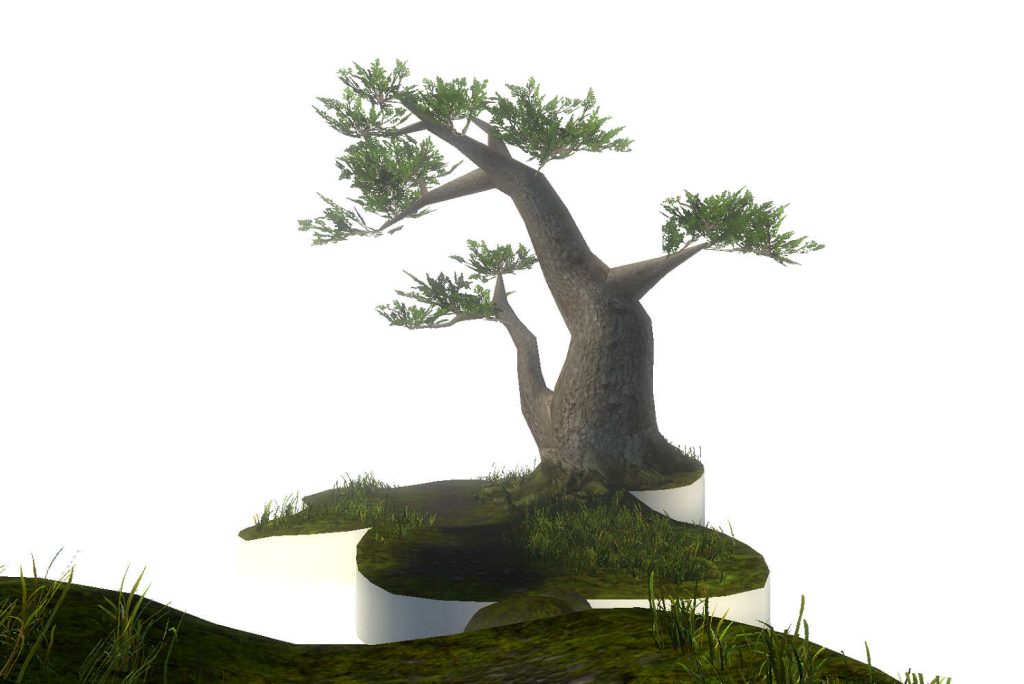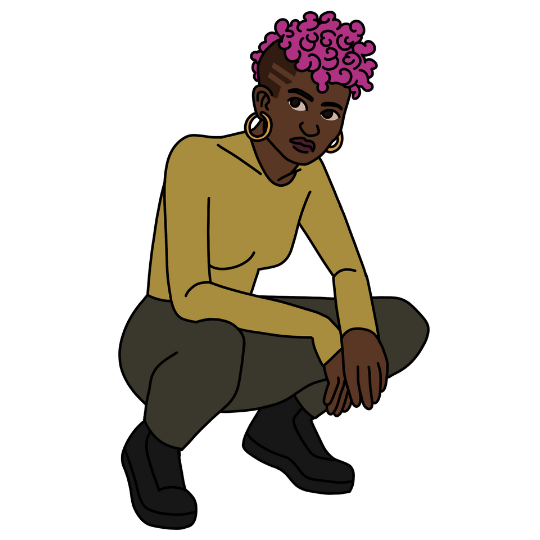The Beginner’s Guide – A Subtle yet Powerful Trans Allegory by Ruby Modica
Posted: 11 Jun 2022The Beginner’s Guide (TBG) is an environmental narrative game written by Davey Wreden and tells of his experience with a friend who used to make games.
TBG is a tightly written venture that poses many questions but answers only a handful of them by the end, leaving much of the story open for interpretation. Despite the overarching themes of game design and creator burnout, there is also room for an allegory that focuses on one of the characters being transgender and their difficult journey of self-discovery.
The term “transgender” refers to an individual who lives as a different gender to the one they were assigned at birth. This Pride Month, where many will be proudly celebrating their right to be themselves and love themselves despite oppression, it is important to remember that trans people have come under serious attack in recent years. Therefore, examining this trans interpretation of TBG is important for those who may be unaware of the difficulties a trans person typically goes through, or even for someone who is unsure of their gender identity.
Davey tells the story of his friend who uses the nickname Coda. Since the entirety of TBG is narrated by Davey, we are only given access to Coda’s life through another person’s perspective, which is why the conflicting story details might not accurately portray Coda’s gender identity. Hints at Coda’s true identity are revealed in subtle ways all throughout TBG, something that can be easily overlooked on an initial playthrough.

Firstly, Davey uses he/him pronouns when talking about Coda, initially suggesting that they are a cisgender male (that is, assigned male from birth and living as a male). However, this simple detail becomes less credible as the game progresses, since most of the games Davey shows feature multiple sound clips of a woman’s voice guiding the player directly, such as The Whisper Machine’s announcer. Davey’s voice is recognisably male, but if Coda is assumed male then the voice’s origin becomes unclear.
Other examples of female-gendered dialogue are found all throughout TBG. The second game Backwards reveals several pieces of short text, using the pronouns “she” and “her” throughout. The Island and Machine levels also portray the player as female, and other minor references appear in the Notes level that have all seemingly been written by Coda.

Based on other interpretations seen in TBG, each game created by Coda simulates something personal and experimental. Despite Davey’s attempts to connect them and add meaning, it is clear that Coda’s games are a safe creative space. In turn, it would make sense that these private thoughts would better depict Coda’s desired mental state, one where they use female pronouns and exist as a female.
If Coda is indeed a trans woman, then the continued use of he/him pronouns by Davey could add another disheartening layer to the allegory. Refusing to acknowledge a trans person’s identity can cause trauma and dysphoria, both of which lead to psychological damage if unchecked.
However, if Coda is a trans man (female-to-male) then this would be the inverse: Davey is respecting Coda’s new identity. The timescale for Coda’s games takes place over several years, so it is possible Coda begins transitioning during the course of their game development. That would also explain why Coda becomes more detached from their older games due to featuring an outdated version of themselves. Artefacts like their old username and voice clips can easily trigger dysphoria, which would parallel most trans people’s experiences.
Additional signs of Coda’s female presence include the small number of NPCs appearing across TBG levels. One NPC model is seen in the Theatre level, where the disembodied narrator states that this person embodies everything the player wants to be. The deliberate gender choice is expanded upon when the game forces the player to recede back from the stage, followed by prison gates closing in.
The only realistic female body seen in TBG comes at the end of Island, which depicts a crying woman behind a prison barricade. It is possible that all of these factors depict Coda’s thoughts of being trapped in the wrong body and unable to escape.

Coda’s happiness occurs in the House game where a male-bodied NPC is portrayed in a feminine manner. This could symbolise Coda’s desired gender identity, which contrasts heavily with the Theatre game where the player is told to hide themselves away instead. With this in mind, both of these levels could simply be a portrayal of Coda’s euphoria and dysphoria respectively.
Of particular note is the final message to Davey, where there are certain lines that refer to distrust and insecurity brought about by Coda’s games being shared publicly. Coda states that this is “violating the one boundary that keeps [them] safe”, a potential allusion to having their gender identity publicly outed against their wishes. This has resulted in numerous upsetting instances in real life where kids are disowned by parents and/or suffer bullying, which would serve as a more impactful reason for Coda to cut contact with Davey.

This trans allegory portrays the everyday difficulties that trans and non-binary people face on a daily basis, from finding their identity to a lack of help. Thankfully, despite all the attempted attacks, the world is gradually becoming more accepting of trans people. Deltarune and Tell Me Why are just a few gaming examples that feature trans/non-binary protagonists who are presented as independent and strong, a proud depiction that LGBTQ+ individuals and allies can empathise with.
Additionally, there are many charities at hand such as Mermaids and GLAAD specifically designed for reaching out to trans individuals with support and guidance. There is hope for the future that the tragic trans allegory from The Beginner’s Guide will soon be a thing of the past, and this Pride Month is a good opportunity to show support where possible. Even small actions like respecting one another’s pronouns and helping those dealing with dysphoria can go a long way to making the world a better place.

Ruby Modica is an independent content creator, editor and writer.
She loves sharing insight into video games and discovering new things, with a desire to work in the media/gaming industry full time. Most days she is busy at her computer working on her next big project.

